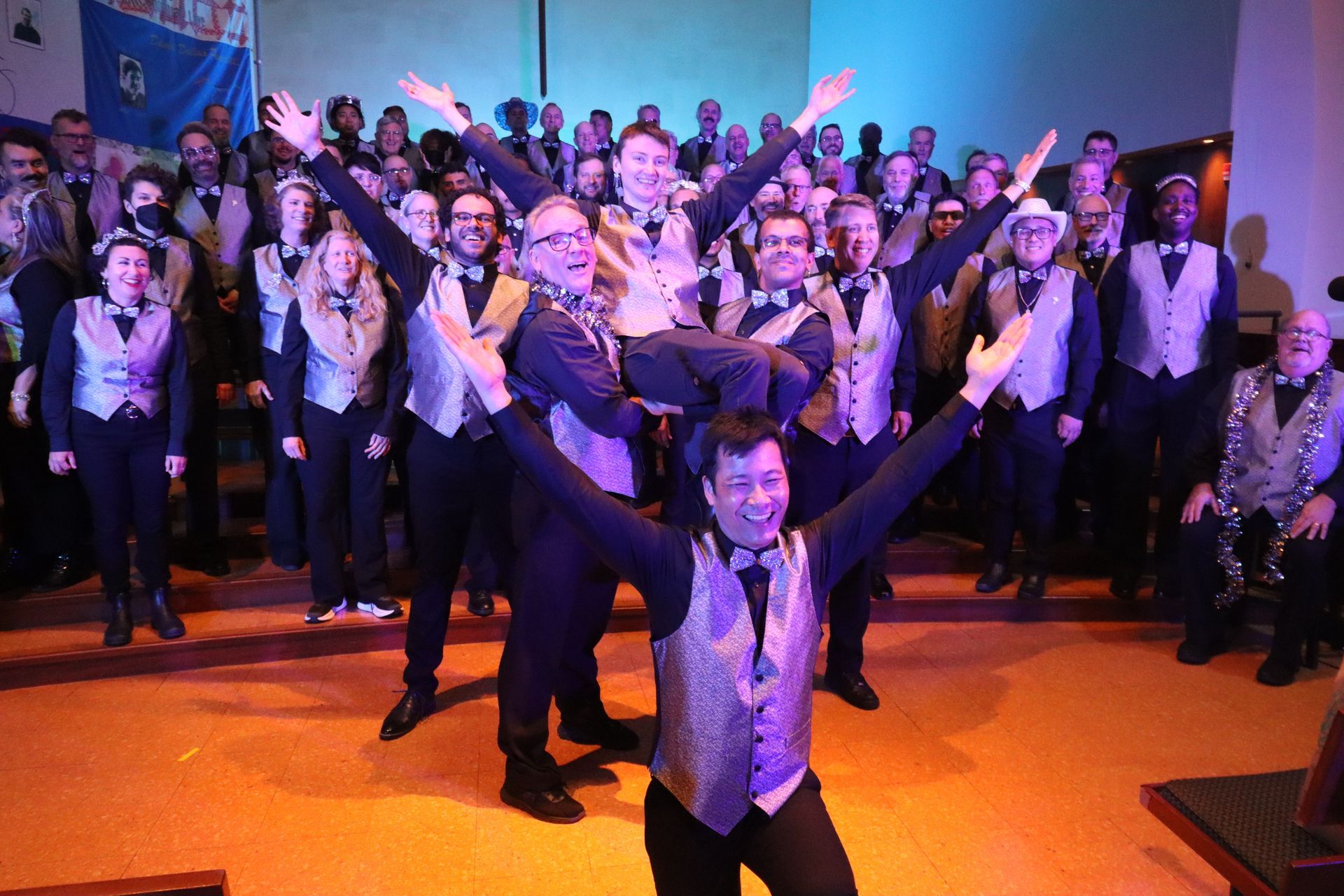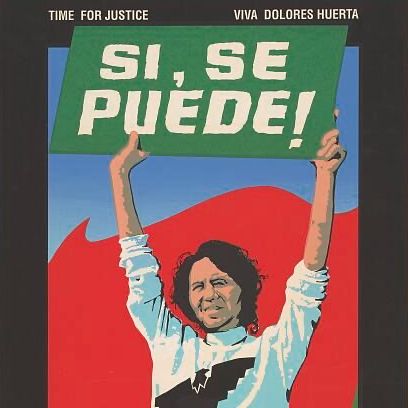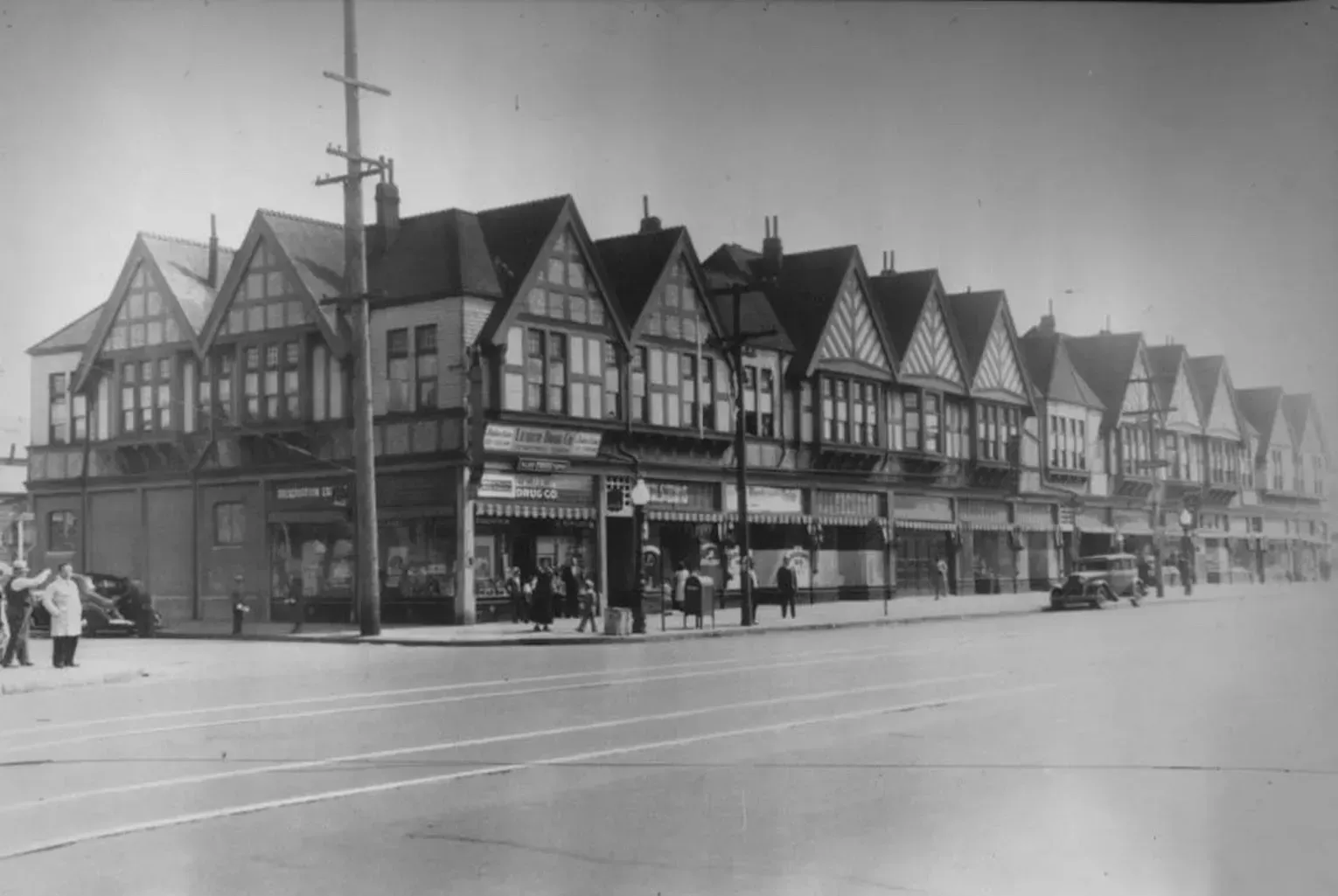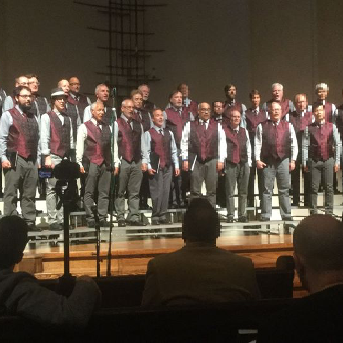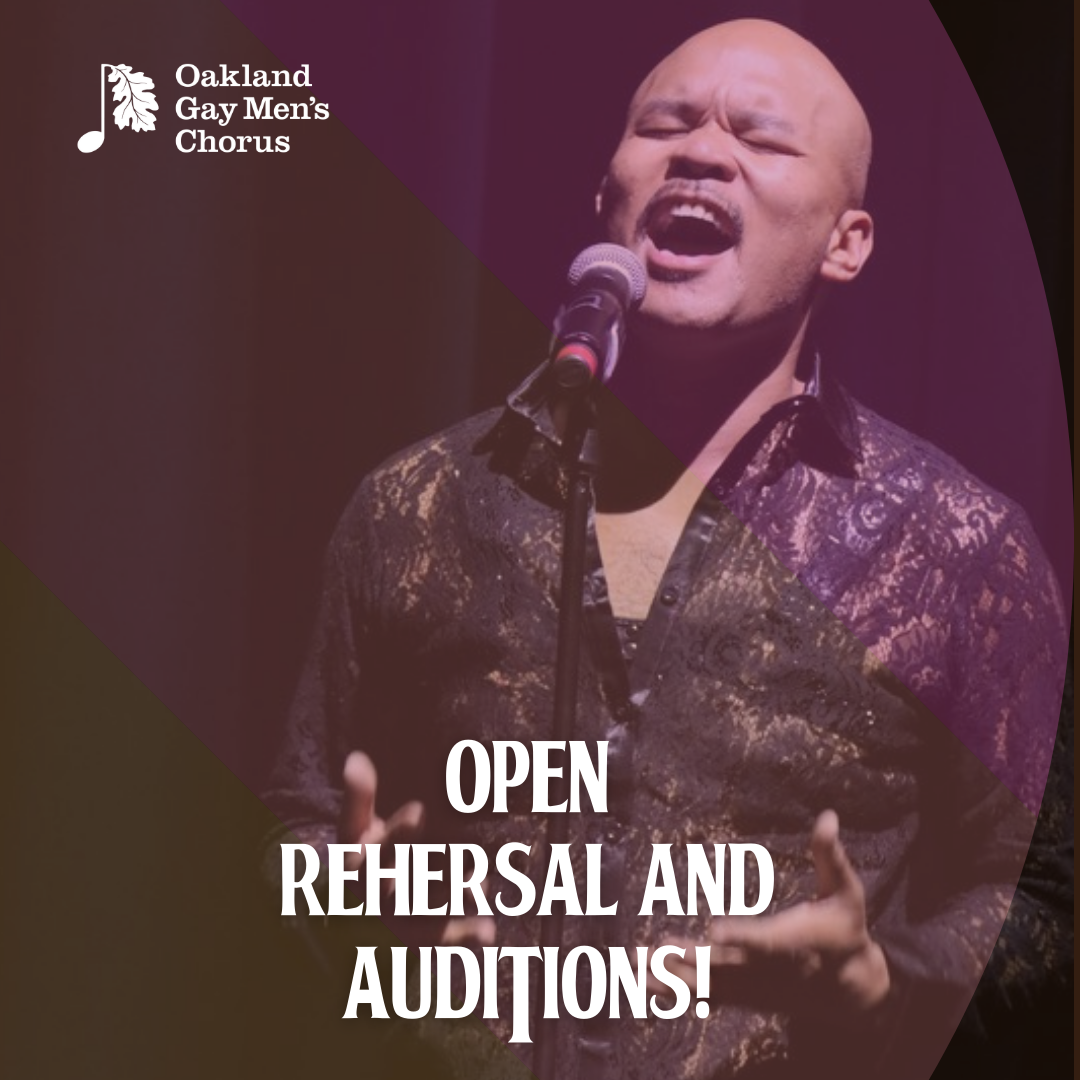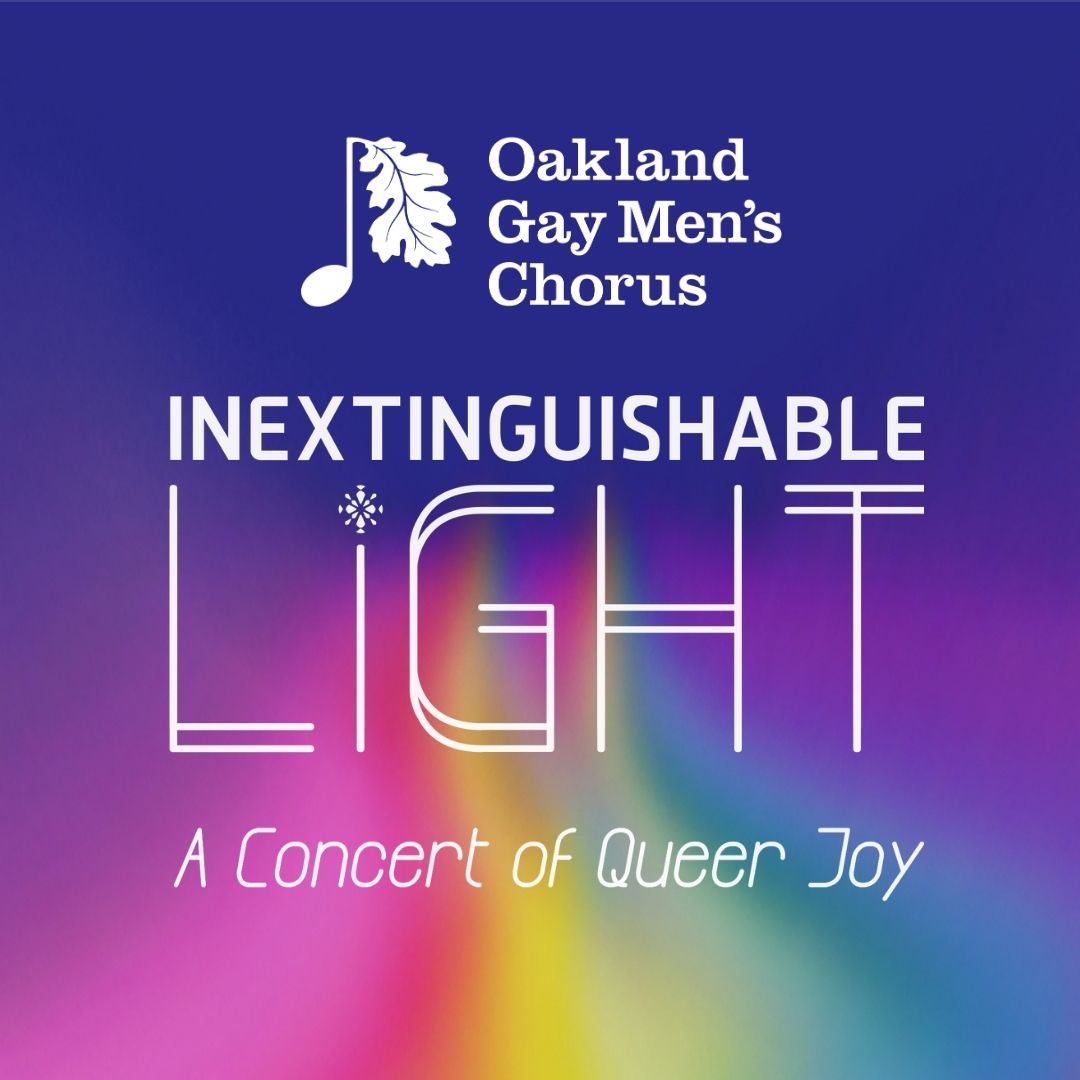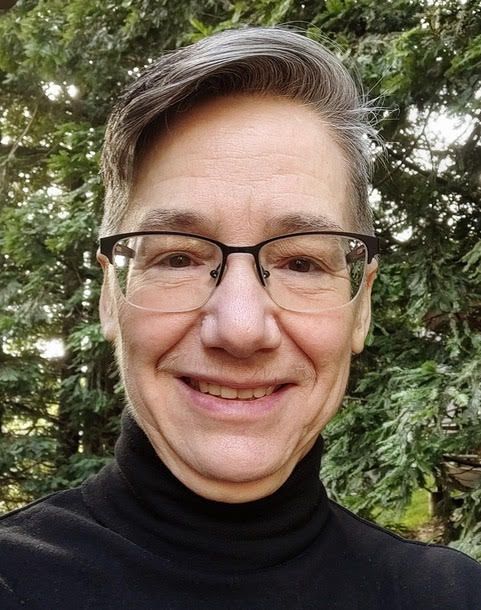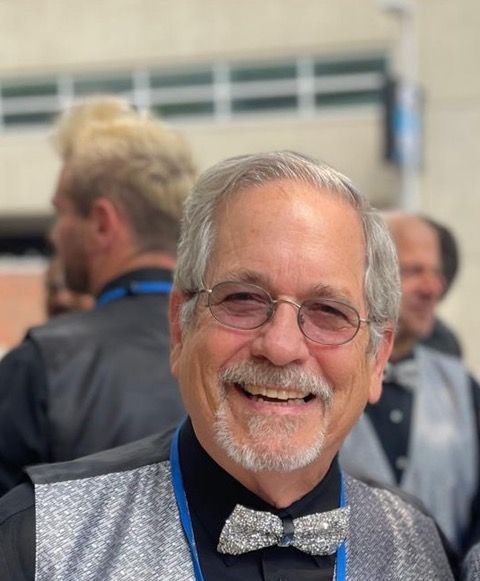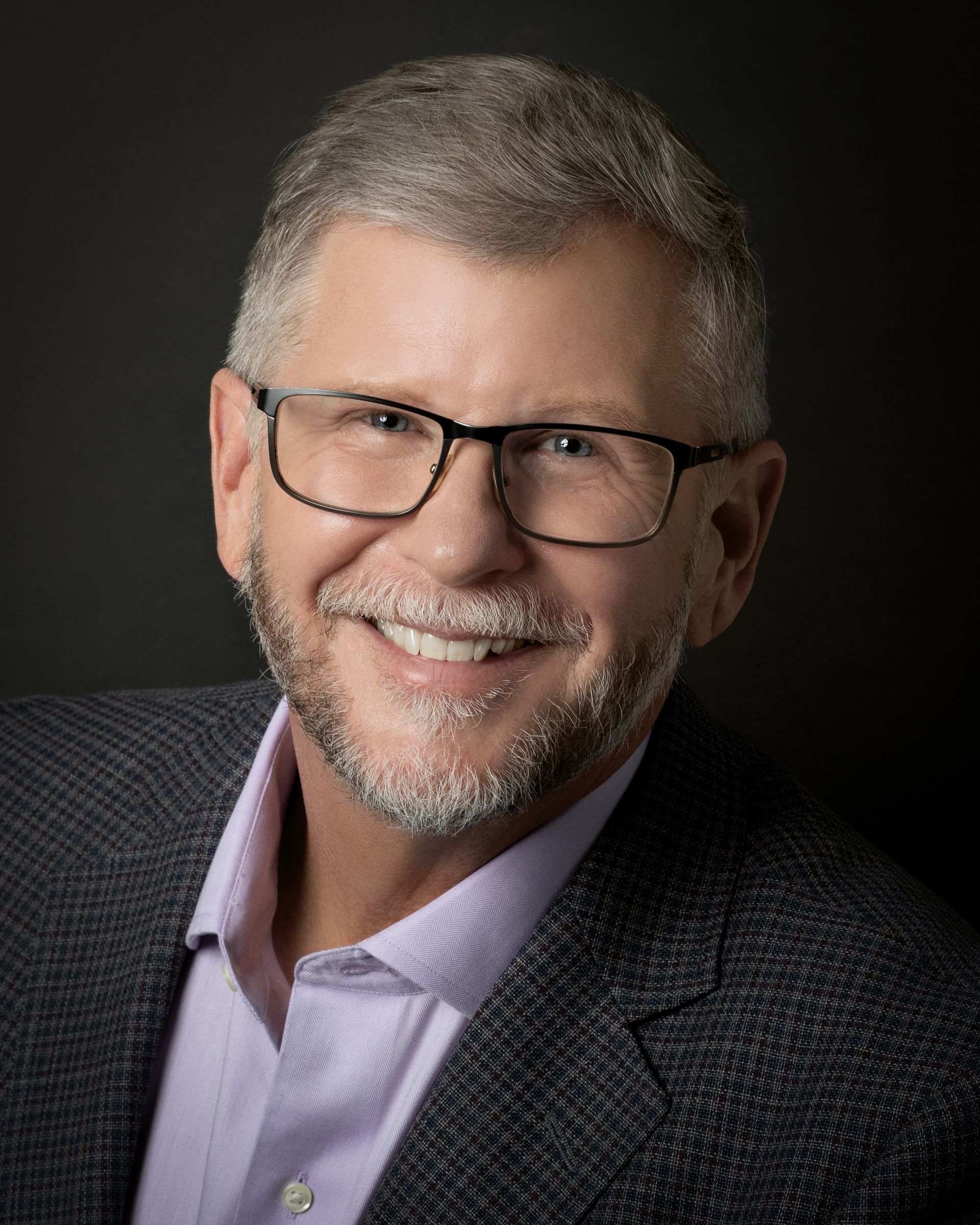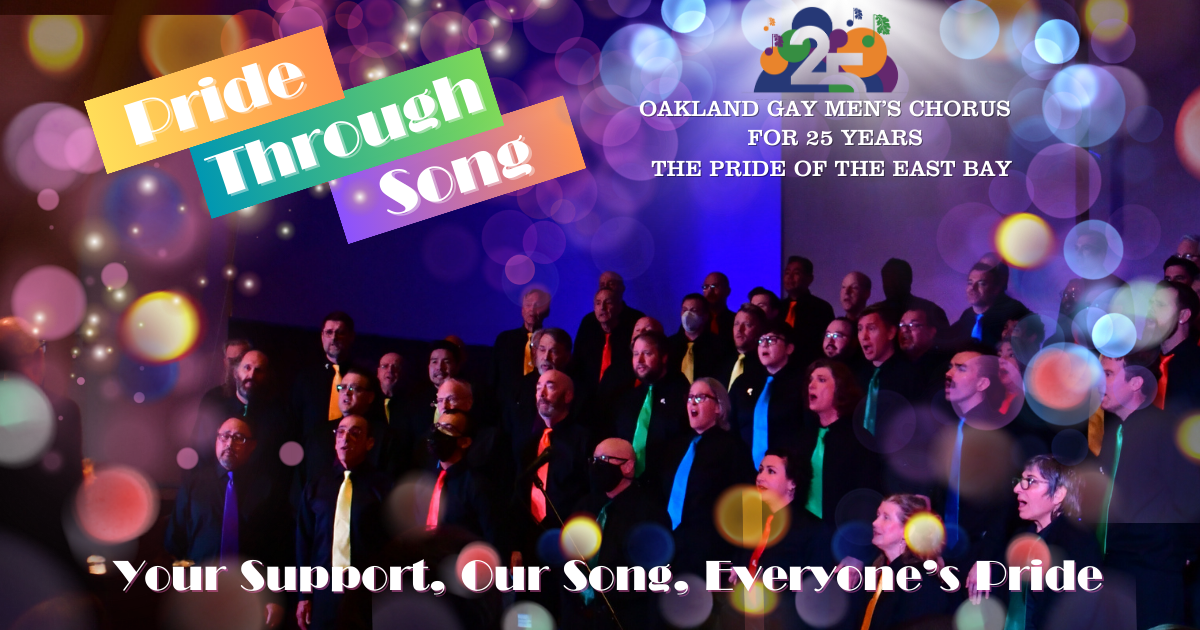Six years ago, my Husband and I moved here from Minnesota, where Prairie Home Companion takes place and Garrison Keillor lives. I have seen the show live twice, and I listen to it most Sundays on my way home from church. Minnesota has embraced Prairie Home Companion as its own; there is a Lake Woe-Be-Gone State Park in central Minnesota; near our house in St. Paul was a bar called Chatterbox Pub; the show is broadcast live annually from the Minnesota State Fair. A radio variety show, which seems anachronistic, makes sense when the winters nights and the summer days are long, and the jokes about Lutherans and hot-dish (called casseroles by the rest of us) are funnier when you have spent significant time in Minnesota. When Billy announced that our spring concert would be a parody of the show, I began to wonder what I have to offer to our concert.
I am excited in the way we at OEBGMC will both honor and parody the show with our own gay stylings. The music we are singing in this concert, called “Prairie Homo Companion”, could easily be on a radio variety show. We are singing fun songs, big songs, gay anthems, a song based on the words of President Obama, a musical setting of Walt Whitman’s Leaves of Grass, a piece by Verdi, and a song from the musical The Student Prince called “Let’s All Be Gay, Boys.” Although we definitely bring our own Oakland-East Bay point-of-view, these songs could easily be sung on the famous Minnesota-based radio show; we just need some skits to break up the music and draw the show out—skits that remind us of the radio show if it were just a bit more gay.
When Billy suggested that one of the skits could be a mash-up of the Garrison Keillor cowboy skit and Broke Back Mountain, I volunteered to write it. “The Days of our Lives of our Cowboys,” stars Rusty and Hefty, who just can’t seem to quit each other. As they approach retirement, Rusty and Hefty must decide where they will settle down, and where they might take the cattle they have been herding all these years. Rusty and Hefty decide to take the cattle to the Cow Palace, because, well, don’t the cattle deserve to live in something called the Cow Palace? With an invitation from their long-time female friend, who recently came out, Rusty and Hefty visit their home in the East Bay Hills, and decide to settle down with a view over the hills and pastures of the East Bay, staying visually close to cattle. They realize that they may be more than friends, and they can finally be the Broke-Back Mountain cowboys they’ve secretly fantasized about.
In writing the skit, I thought about how our culture looks at men. While some in our culture laugh at the intimacy of men (for example, the buddy movies of the 50s and 60s poked fun at gender and sexuality by caricaturing men who desired to be around other men), art and advertising use the hyper-masculine stereotype of cowboys to sell products like cigarettes, trucks, and alcohol. And then there is the homoerotic art that uses the cowboy type as a fantasy man. What is it about men of the land, the Marlboro Man, camping and fishing with other men, rodeos, and men working together to rope and herd cattle that both captivates our culture and creates some discomfort in us? Although it very dirty, sweaty and dangerous work, it’s also hard, active and athletic work. That may be what lends the romantic air of rugged individualism to being a cowboy. Roping cattle and riding horses is almost the ultimate definition of masculine (butch) gender expression and sexuality. There is also this gay fetish/fantasy around uniforms, pointed to by The Village People, which placed a Cowboy along with the (politically incorrect) Indian, Policeman and Construction Worker, all of whom objectified the gay culture’s fixation with uniforms that reflect our ideals of men as objects of desire. And, then there is Broke Back Mountain, which played society’s view of the masculine cowboy against the stereotype that men who love men are somehow soft.
Garrison Keillor himself understands this; his cowboy segments are parodies of both older cowboy radio shows and the buddy films. One cowboy is grizzled and rough while the other is well-read and perfect-mannered, and he gets teased by the rougher one for being a bit too soft for the trail. There is a sense that the two cowboys deny any male intimacy; yet because they share time and space with another man as 24-7 coworkers, intimacy cannot be overlooked. Like Garrison, I had fun playing with that notion.
I also had fun thinking about the segment and how it is always bookended by a fake commercial. I chose Sharon’s Sure Shine Saddle Soap and Shoe Polish as the sponsor, to also play on the leather scene within the gay community. The tag line is “Wear your harness with pride to Pride, when you shine it up with Sharon’s Sure Shine Saddle Soap and Shoe Polish.”
In writing this, I am reminded of the saying, “The sincerest form of flattery is parody.” I hope my parody flatters the original by honoring it while making it our own brand of gay. I hope you like our version, our Prairie Homo Companion!
Tony Clark, Second Tenor
